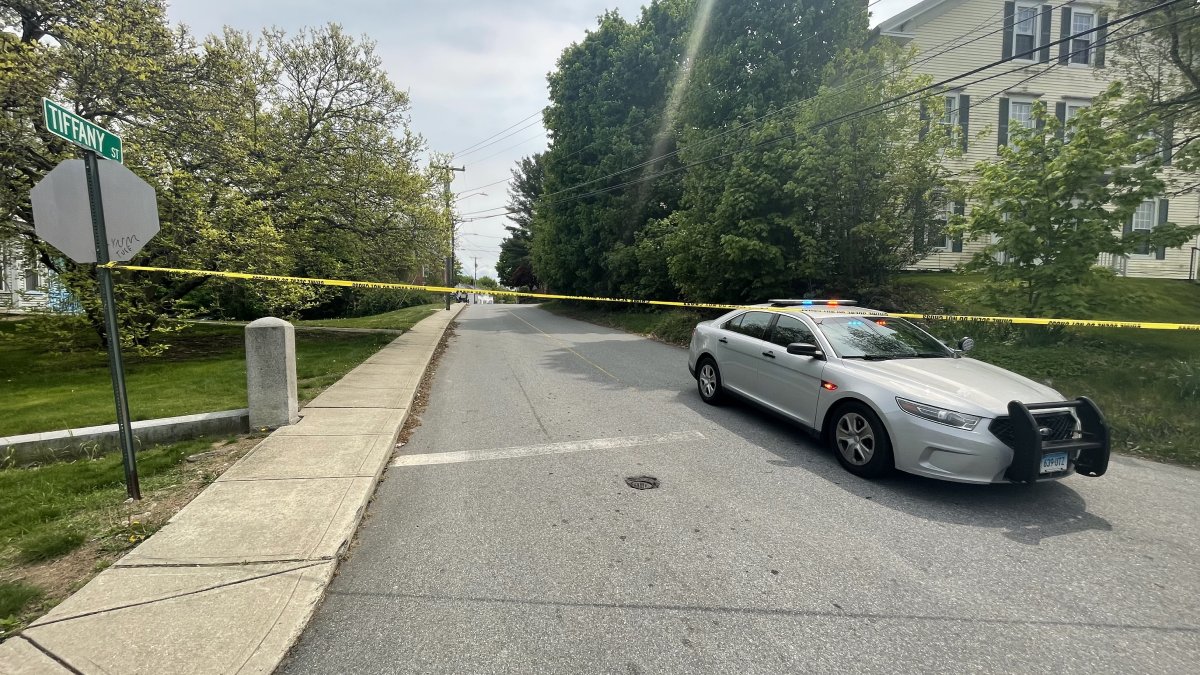Connecticut is behind most of the country when it comes to access to voting and flexibility in casting ballots.
There are 38 states, according to the National Conference of State Legislatures, that offer some kind of early voting, but Connecticut is not one of them.
“We have a perfect election system for about 75 years ago for a much different age and time,” said Rep. Matt Ritter, (D – Hartford), the majority leader in the Connecticut House of Representatives. “It’s not reality for 2019. The things you can do from your phone is pretty remarkable, yet we make people from six to eight, squish into this weird statutory scheme that just doesn’t work anymore.”
Connecticut’s Secretary of the State Denise Merrill, the state’s top election official, announced a proposed constitutional amendment that would allow the General Assembly to make changes to voting, which could include more days to vote, and more methods like expanded absentee ballots.
Merrill has proposed this amendment in the past and it has either been turned down by voters or it hasn’t been called by lawmakers for a vote.
“This issue for me has been a long time coming, and I think its time has come,” Merrill said.
Connecticut, like many other states, saw record turnout for the November 2018 election, and with that turnout there were lines that led to some people standing for hours before they could cast their ballots.
Local
Early voting periods or no-excuse absentee balloting is allowed in states all over the country. In the northeast, Vermont allows 45 days for early voting, Maine provides between 30 and 45 days depending on when absentee ballots are available, and Massachusetts provides 11 days for voters to cast ballots before an election.
Recently, in New York, the General Assembly approved multiple new voting reforms including a 10-day window for early voting, which is now sitting on Gov. Andrew Cuomo’s desk.
In order to make a change to the way the state votes, a change to the constitution is required. If 75 percent of lawmakers in both the House and Senate approve the proposed constitutional amendment then it will automatically be placed on the November 2020 ballot, the same ballot voters will use to vote for president of the United States.
If the proposal passes both the House and Senate by margins of less than 75 percent, then a second vote in the House and Senate would be required in 2021, and the question would then be posed to voters in 2022.
“Nothing would change immediately but it simply allows Connecticut to move forward with some of these reforms that you’ve already seen in so many other states,” Merrill said.
Republicans were not present at the press conference rolling out the effort, but Senate Minority Leader Len Fasano, (R – North Haven), said in a statement, “I have concerns about changing the constitution without having a full vision to implement early voting in a way that guarantees fraud cannot occur. I look forward to discussing these concerns with the Secretary of the State and lawmakers on both sides of the aisle.”



